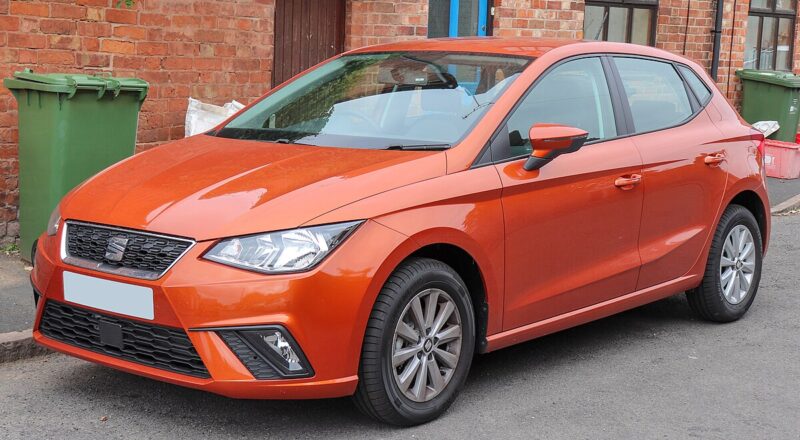The Seat Ibiza has long been a go-to choice for UK drivers seeking affordability, comfort, and reliable performance in a compact hatchback. If you’re planning to buy one or already own an Ibiza, you might be wondering: how much is road tax for Seat Ibiza in 2025?
Let’s break down the cost of road tax for different Seat Ibiza models based on fuel type, CO₂ emissions, and registration year.
How Much Is Road Tax for Seat Ibiza in 2025? UK
Road tax (Vehicle Excise Duty – VED) in the UK is primarily based on your car’s CO₂ emissions and the date it was first registered. Below is an estimated breakdown of the Seat Ibiza road tax prices for 2025:
| Model | Engine & Fuel Type | CO₂ Emissions | Year Registered | Estimated Annual Tax |
|---|---|---|---|---|
| Ibiza 1.0 TSI (Petrol, 2021+) | Petrol | 113–120 g/km | 2021–2024 | £190 |
| Ibiza 1.6 TDI (Diesel, 2017–2020) | Diesel | 99–106 g/km | 2017–2020 | £160–£180 |
| Ibiza 1.2 TSI (2015–2017) | Petrol | ~110 g/km | 2015–2017 | £30–£130 |
| Older models (<2014) | Petrol/Diesel | Varies | Before 2014 | £0–£180 |
🚗 Note: Newer petrol Ibiza models typically fall under the standard £190 VED rate. Diesel versions may vary depending on emission standards and whether they meet RDE2 regulations.
What Affects the Road Tax for Seat Ibiza?
There are a few key factors that impact the road tax cost for Seat Ibiza:
- Fuel type: Petrol models are often cheaper to tax post-2017. Diesel may be taxed higher unless RDE2-compliant.
- CO₂ emissions: The lower the emissions, the lower your tax band.
- Registration date: Vehicles registered after April 1, 2017 are taxed differently than older cars.
- Hybrid technology: Although rare in the Ibiza line-up, models with mild-hybrid systems could have slight reductions.
How much is road tax for a Seat Ibiza 1.0 TSI in 2025?
For newer models registered after 2017, the annual VED is typically around £190.
Are older Seat Ibizas cheaper to tax?
Yes, especially models with CO₂ emissions under 100 g/km. Some may qualify for as low as £0–£30 road tax.
